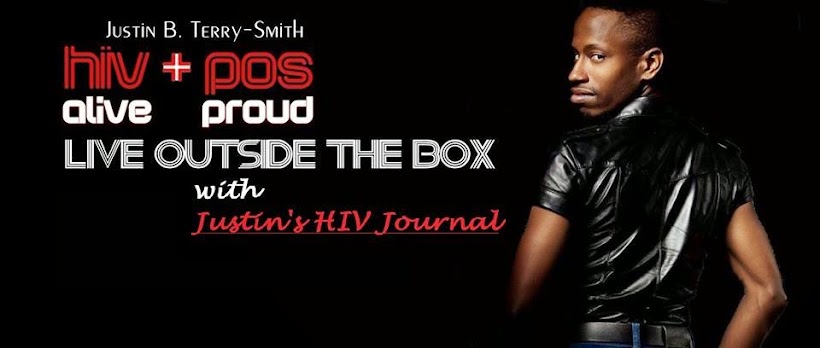NEW SURVEY UNCOVERS LACK OF KNOWLEDGE ABOUT HIV AMONG
MILLENNIALS AND GEN Z
Murray Penner- Executive Director, North America,
Prevention Access Campaign (PAC)
Peter Sklar M.D., director, clinical research, Merck
Research Laboratories
BACKGROUND:
While enormous strides have been made since the beginning of
the HIV epidemic, the crisis is far from over. In fact, rates of HIV diagnoses
among young adults in the U.S. have surged in recent years – accounting for
more than half of new diagnoses – despite overall new diagnoses remaining
stable.
In partnership with the Prevention Access Campaign (PAC),
Merck launched Owning HIV: Young Adults and the Fight Ahead, a new campaign
featuring results from a new survey to better understand young adults’
perceptions and beliefs about HIV.
The survey, fielded by Kantar Group between June 17 and
August 5, 2019, was a cross-sectional, one-time online survey of approximately
1,600 US-based Gen Z (18-22) and millennials (23-36) who were self-reported HIV
positive, or self-reported HIV negative/unknown, including Black/African
American, Hispanic/Latinx, gay, bisexual, transgender and straight individuals.
The goal of this study was to uncover attitudes and perceptions around HIV
among young adults in the U.S. To date, this is the first survey to focus on
the beliefs and perceptions about HIV among Generation Z (Gen Z) and
millennials in the U.S.
Survey findings show a jarring trend of general confusion
and insufficient knowledge of HIV and transmission, along with the existence of
high-risk sexual practices, poor disease management, and stigmatizing behaviors
among young adults.
Key Survey Findings Include:
•Survey findings showed a profound lack of accurate sex and HIV
education among all participants, however the trend worsened in Gen Z
oMore than two-thirds of HIV-negative young adults said they
were most concerned about getting HIV as compared to other sexually transmitted
infections (STIs)
o54% of HIV-negative respondents did not report using
condoms or pre-exposure prophylaxis (PrEP) to protect themselves against the
HIV virus and other STIs
•Although millennials and Gen Z did not experience the start
of the HIV epidemic firsthand, they still perpetuate the stigma seen in the
early days of HIV
oMore than one quarter of HIV-negative millennials said they
have avoided hugging, talking to or being friends with someone with HIV, and
30% said they would prefer not to interact socially with someone with HIV
oPeople with HIV who take HIV medicine as prescribed and get
and keep an undetectable viral load (or stay virally suppressed) have
effectively no risk of transmitting HIV to their HIV-negative sexual partners.
The survey found that respondents had varying perceptions about what it means
to be undetectable and the risk of transmitting the virus to another person.
o84% of Gen Z and 65% of millennials living with HIV who are
abstaining from sex do so because of their HIV-positive status.
Murray Penner- Executive Director, North America, Prevention
Access Campaign
Murray Penner is the Executive Director, North America of
Prevention Access Campaign. He has a strong personal interest in helping people
living with HIV achieve sexual health and well-being and reducing HIV stigma
and shame. Prior to joining PAC, Murray served as Executive Director at NASTAD
from 2015-2018 and served as NASTAD’s Deputy Executive Director and director of
its care & treatment program from 2001-2015.
About Peter Sklar, M.D. director, clinical research, Merck
Research Laboratories
Dr. Peter Sklar is a practicing physician who treats people
living with HIV and maintains a clinical practice at the Partnership
Comprehensive Care Program in Philadelphia, Pennsylvania. Dr. Sklar joined
Merck in 2007 to advance the clinical research of new drug candidates for
infectious diseases and has made significant contributions to the company’s
virology portfolio. Dr. Sklar has also published numerous abstracts and
articles in peer-reviewed journals and has served as the principal investigator
on many clinical research protocols, including serving as site-PI of the U.S.
Agency for Healthcare Research and Quality's HIV Research Network.



